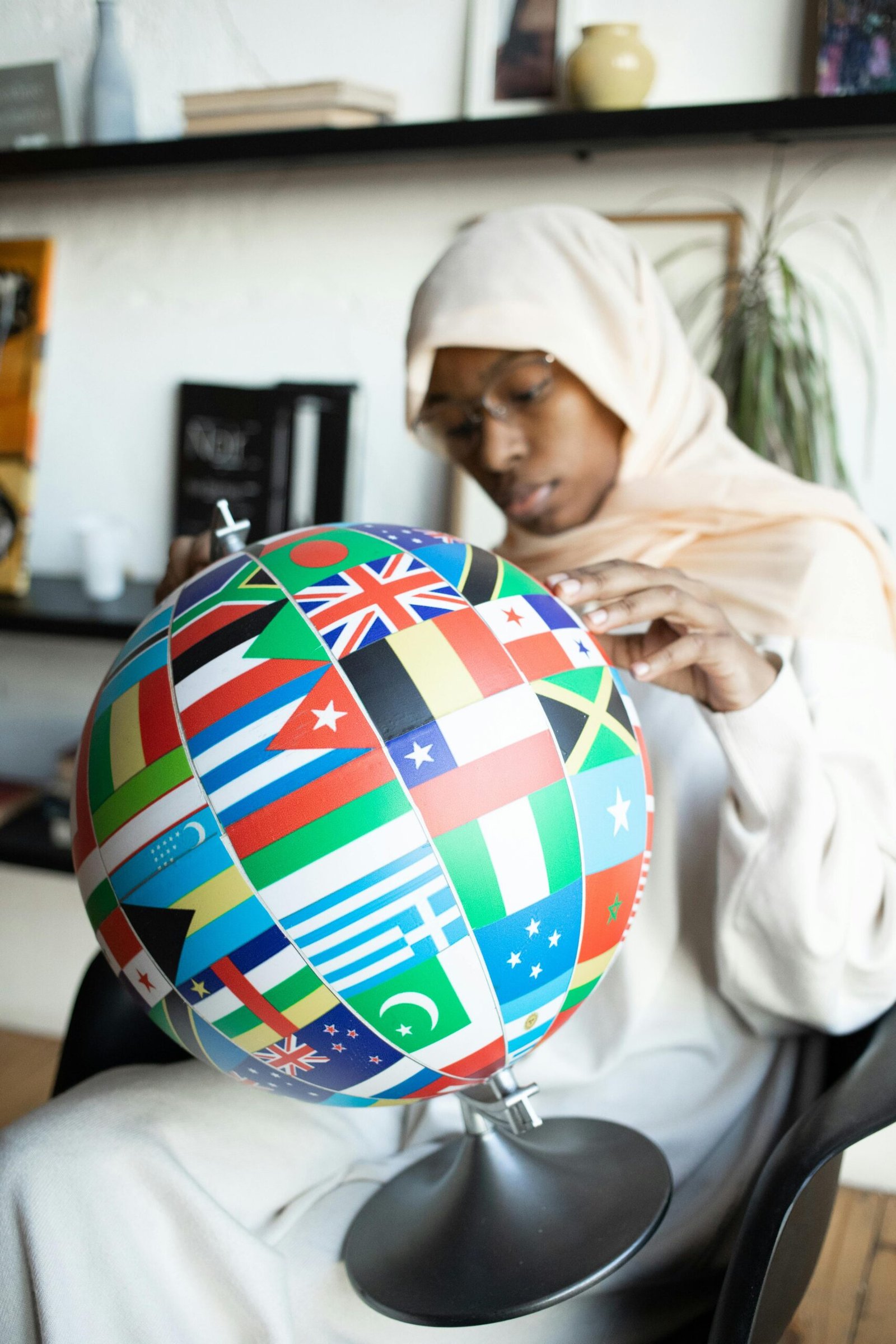
As the fourth most populated country as well as the largest archipelago, Indonesia is not only rich in natural resources, but also in culture and heritage. The vast land of Indonesia is home for 273.8 million people (per 2021 census), which consists of different ethnic groups, cultures, cultures, and religion. The mesmerizing amount of diversity in Indonesia makes a multicultural society, creating new opportunities and challenges as a nation. Therefore, Bhinneka Tunggal Ika serves a single motto that unites the diverse people of Indonesia.
Different, Yet One: Bhinneka Tunggal Ika & Multiculturalism in Indonesia
Bhinneka Tunggal Ika, directly translated as “unity in diversity” from Old Javanese, originates from Kakawin Sutasoma by Mpu Tantular during the 14th-century Majapahit reign. Serving as Indonesia’s national motto, this phrase is engraved in Pancasila’s national emblem, firmly held by the Garuda’s claws. Pancasila, translated literally as “five pillars”, contains the nation’s principles that highlights the Great Oneness of God, a just humanity, the unity of Indonesia, the sovereignty of people, and social justice for all. Therefore, Bhinneka Tunggal Ika serves as a slogan, emphasizing to Indonesia’s diverse population that we share a collective history and a shared vision for the nation.
Where Our “Diversity” Stems From
Located strategically along key ancient international trade routes, Indonesia frequently interacted with traders from the Far East, Southeast Asia, and China. This continuous interaction fosters a cultural exchange between the local population and global traders, producing new cultural practices across different regions. Religions play a significant role in this dynamic, contributing to the enrichment of Indonesia’s diverse cultural landscape. With a history spanning thousands of years, Indonesia currently comprises over 1,340 ethnic groups, acknowledges six religions, and boasts 746 vernacular languages, as indicated by the latest survey from Statistics Indonesia in 2010 (1).
Conflicts Threatening Bhinneka Tunggal Ika
A fundamental threat to this multicultural democratic state is the emergence of a sectarian culture. One manifestation of sectarianism is an intolerant attitude towards “the other.”, such as:
- Mass Rampage
- Burning of Places of Worship
- Riots and Conflicts with SARA nuances
- acts of violence against certain religious sects
The adoption of regional regulations based on specific religious laws in Indonesia poses a threat to its multicultural and democratic identity, risking socio-national collapse. The current chaos stems from a lack of awareness of multiculturalism. Today’s understanding deviates from the founders’ vision, distorted during the New Order era. Multiculturalism now serves not only to combat imperialism but also to define national identities globally.
Disintegration in some countries results from the ongoing multiculturalism debate. Preserving state integrity requires breaking down narrow attitudes, challenging dominant identities, and addressing social conflicts. Exploitation of ethnic diversity for political gain exacerbates tensions, jeopardizing the fabric of the Indonesian nation. Safeguarding Indonesia’s diversity is a collective duty to ensure unity.
Realizing the Spirit of Bhinneka Tunggal Ika
To promote global unity, individuals must embrace diversity, understanding that appearances and beliefs should unite rather than divide us in the pursuit of common goals like world peace. Recognizing historical and social variations, we acknowledge the impact of differences in race, religion, nationality, and ideology on our lives. Without tolerance and unity, diversity can lead to division and tension, hindering the achievement of peace. Peace requires mutual respect and compassion, maintaining innate human tolerance. Those threatening peace bear significant responsibility, while individuals with faith and conscience play a crucial role in shaping a tolerant paradigm. A humanitarian perspective, rooted in shared humanity, fosters social solidarity despite differences, encouraging support during crises and transcending distinctions of status, religion, language, race, or tribe. Overcoming societal barriers is possible through an elevated awareness of our common humanity.
Indonesia’s diverse cultural values underscore unity, anchored in principles like mutual assistance and tolerance. Embracing “Bhineka Tunggal Ika” involves:
- inclusive policies
- open dialogue
- tolerant education.
A commitment to equality and justice, regardless of background, is integral in daily life. Actively participating in global forums, Indonesia serves as a model for embracing diversity. Through diplomacy and partnerships, Indonesia inspires other nations to adopt similar principles, contributing to a more united and harmonious world.
Sources
Kewarganegaraan, Suku Bangsa, agama, dan Bahasa Sehari-hari Penduduk Indonesia: Hasil Sensus Penduduk 2010. (PDF), Badan Pusat Statistik


